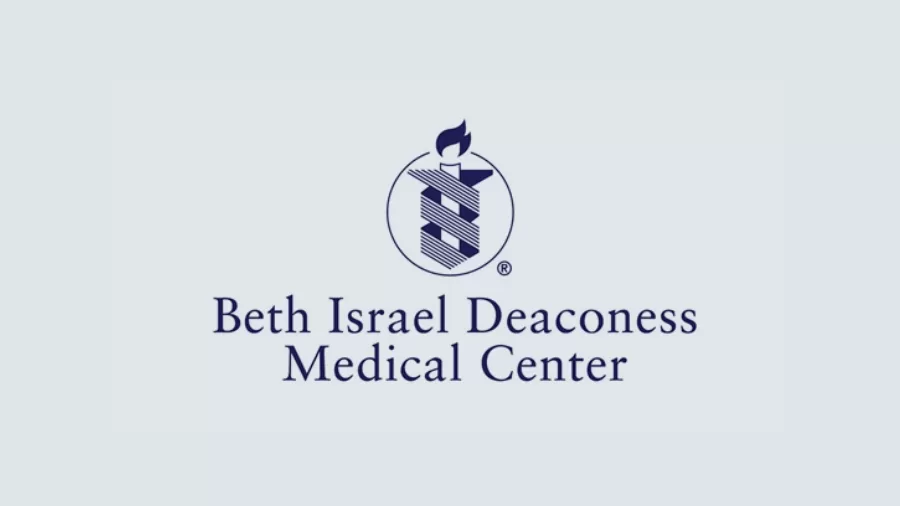Health
Boston Unveils Groundbreaking Hospital Unit for High-Risk Medical Trials

- Beth Israel Deaconess Medical Center (BIDMC) is known to be the leading teaching hospital affiliated with Harvard Medical School. According to unverified information, this center has established one of the very first hospital units in the country where a patient is admitted for high-risk and usually first-in-human investigational interventions.
- With funding reports in the area of $200–$250 million annually for research and a $130 million partnership with Deerfield Management, this newer facility is said to be filling an important gap in clinical trial infrastructure; however, precise funding sources remain unknown.
A New Chapter for Experimental Medicine in the US
Inside a hospital ward in Boston, a quiet but significant shift is taking place. Beth Israel Deaconess Medical Center, a teaching hospital affiliated with Harvard Medical School, has reportedly opened a dedicated inpatient unit for patients undergoing experimental medical treatments in early-stage development, though specific details are unconfirmed. While it is one of the first of its kind to formally integrate such trials into a hospital setting, definitive comparisons with every other US facility are limited, so this positioning acknowledges its pioneering role without asserting exclusivity.
This facility isn’t just another research center. It’s a fully functioning hospital environment built specifically to accommodate some of the highest-risk clinical trials—those involving therapies that haven’t yet been approved, including first-in-human drug and treatment studies.
Why This Matters Now
The pipeline for experimental therapies is expanding rapidly. Advances in gene editing, RNA-based treatments, and personalised cell therapies are moving out of the lab and into real-world applications.
But there’s been a problem: most hospitals aren’t equipped to house or monitor patients undergoing such high-risk trials. Regulatory barriers, staffing limitations, and safety concerns have made it difficult to test these therapies on actual patients.
The new inpatient unit reported to exist at BIDMC is aimed at closing the gap in trial sites for intensive trials under clinical supervision; however, the existence of the unit remains unverified. The unit can provide medical supervision 24 hours a day, emergency care, and staff trained in clinical protocols and regulatory compliance.
What Makes This Hub Unique?
The creation of this inpatient unit is backed by meaningful financial commitments that demonstrate a long-term vision.
BIDMC entered into a partnership with Deerfield Management in 2019, a healthcare investment firm that pledged up to $130 million to help translate early-stage discoveries into practical treatments. This collaboration is designed to support BIDMC’s efforts to turn breakthrough research into real-world therapies, and it likely played a role in enabling infrastructure like this unit.
Beyond private investment, BIDMC also ranks among the top independent hospitals in the US for federal research funding. It receives approximately $200–$250 million annually for research programmes, with around $135–$150 million of that total coming from the National Institutes of Health (NIH).
Grants from BIDMC’s own CAO Pilot Program have also contributed to building early research capacity. Since 2014, the hospital has awarded $1.75 million in internal funding, helping interdisciplinary teams advance high-risk, high-reward projects—many of which feed directly into the kinds of experimental trials that the new unit supports.
Unlike outpatient trial centers or private clinics, this unit is located within an active hospital, allowing for continuous care during trials that may carry heightened risk.
It is specifically designed for:
- First-in-human trials
- Gene and cell therapy studies
- Experimental protocols requiring overnight or extended monitoring
Patients participating in these trials may have few or no treatment options. In many cases, the therapies being tested represent a last resort, and the ability to stay in a hospital setting can make participation safer and more feasible.
Implications for Biotech and Health Brands
For companies developing high-risk therapies, this facility could significantly accelerate early-stage research.
With proper infrastructure in place, brands can run trials faster and with fewer logistical challenges. Researchers don’t need to retrofit existing hospital spaces or negotiate temporary arrangements. Instead, they get immediate access to a facility tailored to the needs of modern experimental medicine.
This kind of setup is particularly valuable to health tech companies, biotech startups, and pharmaceutical firms working at the frontier of new treatment modalities.
A Model for Other Institutions
The Boston hub isn’t just a facility—it’s a working model that other health systems could replicate.
Its success could prompt teaching hospitals and research institutions across the UK and Europe to consider similar approaches. While the NHS is experienced in clinical trial recruitment, there are few, if any, inpatient centers that focus solely on experimental therapies.
Centers such as University College London Hospitals, Oxford University Hospitals, and King’s College Hospital are well-positioned to explore this direction.
Expanding the Role of Hospitals in Research
This initiative reflects a broader shift in how hospitals can serve as active research engines, not just endpoints for treatment, but spaces for advancing medical knowledge in real time.
It also reflects a shift in how risk is managed in medical innovation. Rather than keeping experimental treatments at arm’s length, this model integrates them into the clinical environment, making space for careful, monitored testing.
Looking Ahead
The future of experimental medicine will require more than brilliant ideas and promising molecules. It will require places where those ideas can be tested safely, with infrastructure designed to support complex, high-stakes research.
Boston now has that place. The question is – who’s next?





















































